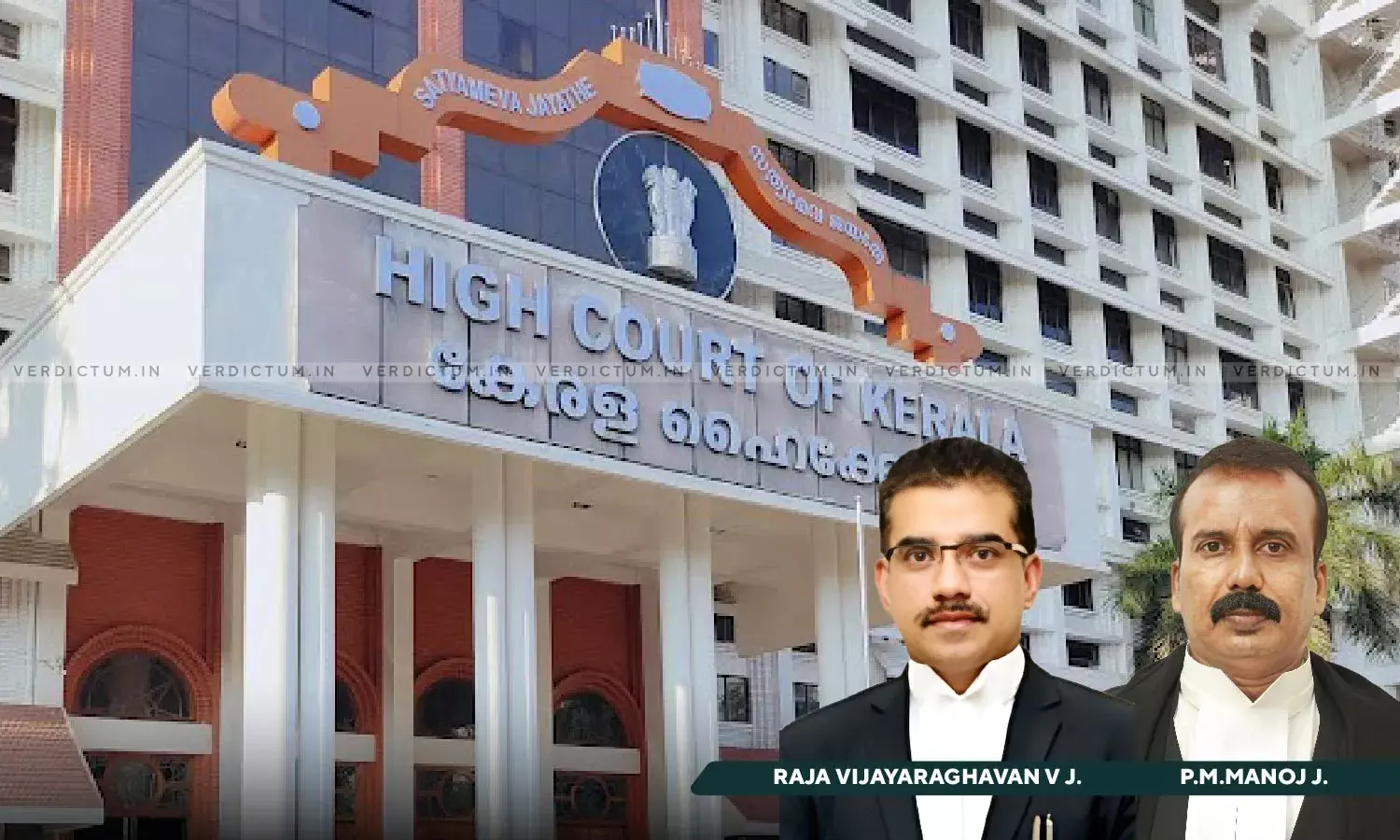"Accept Her Sexual Orientation With Understanding & Compassion": Kerala HC Rejects Parents Plea To Refer Their Daughter For Psychological Evaluation
The Kerala High Court dismissed an application filed by parents to refer their daughter to the District Medical Board for psychological evaluation to “overcome her identity and sexual orientation."
The Court observed that the sexual orientation of the LGBT community is intrinsic to their dignity, inseparable from their autonomy and at the heart of their privacy.
A Division Bench of Justice Raja Vijayaraghavan V and Justice P.M. Manoj observed, “The right to privacy is broad-based and pervasive under our Constitutional scheme, and encompasses decisional autonomy, to cover intimate/personal decisions and preserves the sanctity of the private sphere of an individual.The right to privacy is not simply the "right to be let alone", and has travelled far beyond that initial concept. It now incorporates the ideas of spatial privacy, and decisional privacy or privacy of choice. Sexual orientation is integral to the identity of the members of the LGBT communities. It is intrinsic to their dignity, inseparable from their autonomy and at the heart of their privacy.”
Advocate A. Sanil Kumar represented the petitioners, while Advocate Rebin Vincent Gralan appeared for the respondents.
The petitioners (parents) had filed a Habeas Corpus writ petition to retrieve their daughter from the alleged illegal detainment of a 22-year-old woman (respondent) identified as a member of the LGBTQ+ community. The parents claimed that their daughter, a 23-year-old graduate, was suffering from behavioral issues and had been influenced and lured by the respondent into joining an online social media group named "Mazhavillu."
The parents alleged that their daughter had previously sought treatment under a counselling psychologist, who had referred her to psychiatric evaluation and management due to her engagement in what they described as a "toxic relationship" with a person of the same gender. Following the daughter’s disappearance, the parents filed a complaint under Section 57 of the Kerala Police Act. The daughter was subsequently located and produced before the Magistrate.
Upon interaction with the daughter and her partner, the Court observed that the daughter had consciously chosen to be with the respondent, a transman, stating that “sexual orientation is an innate part of the identity of LGBT persons and is an essential attribute of privacy.” The daughter informed the Court that her parents' attempts to force her to undergo counseling to alter her sexual orientation had led her to leave their company.
The Court referred to the Apex Court's decision in Devu G. Nair v. State of Kerala and the Yogyakarta Principles, which affirmed the rights of LGBTQ+ individuals to express their gender identity and sexual orientation without fear of stigma, violence, or discrimination. The Court stated that “the right to life and liberty affords protection to every citizen or non-citizen, irrespective of their identity or orientation, without discrimination.”
Consequently, the Court expressed hope that the parents “will come to accept their daughter's sexual orientation and preferences with understanding and compassion.”
Accordingly, the High Court dismissed the petition.
Cause Title: Shereena Hakkim & Anr. v. State Police Chief & Ors. (Neutral Citation: 2024:KER:44816)
Appearance:
Petitioners: Advocate A.Sanil Kumar
Respondents: G.P. P M Shameer; D.G.P. Mahima; Advocate Rebin Vincent Gralan




